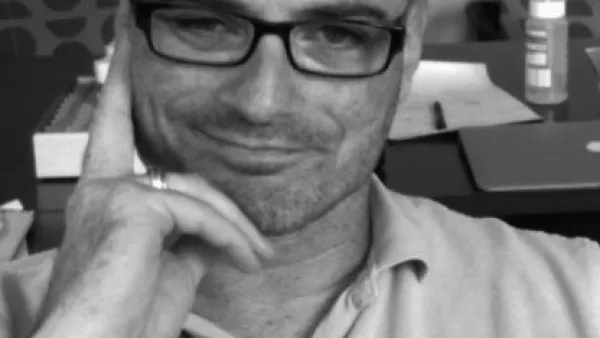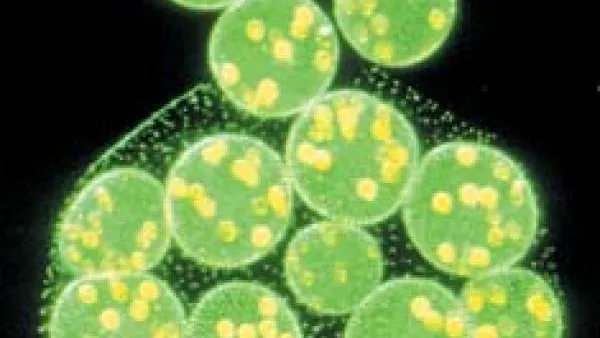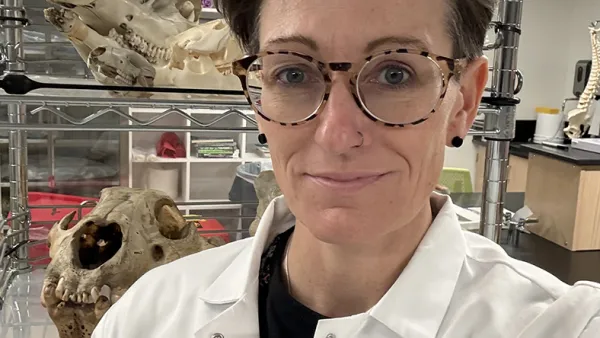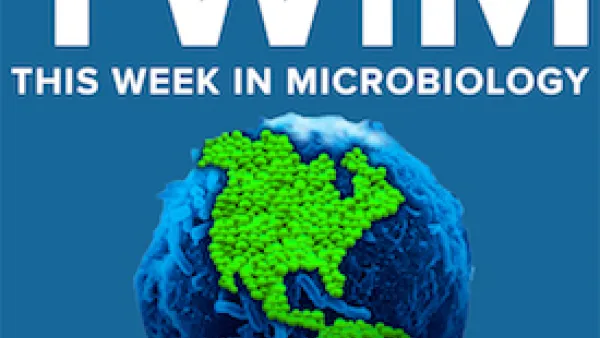Tsingos and Ivaturi receive the 2023 Harrison D. Stalker Award from the Department of Biology in Arts & Sciences at Washington University in St. Louis
The Harrison D. Stalker Award is given annually to a graduating biology major whose undergraduate career combines outstanding scientific scholarship with significant contributions in the arts and humanities. The award honors the late Harrison D. Stalker, a renowned evolutionary biologist and world-class photographer.
This year, there are two winners from the School of Arts & Sciences at Washington University in St. Louis: Maya Tsingos, a senior majoring in Microbiology, with minors in Medical Humanities and Chinese Language and Culture, and Sindhuri Ivaturi, a senior majoring in Biochemistry and Anthropology: Global Health and Environment, with a minor in Music.

Tsingos completed microbiology research in the Blodgett Lab. Her thesis focused on several aspects of antibiotic biosynthesis at the interface of genomics and metabolomics. A native English and French speaker, Tsingos also minored in Chinese language and Culture. She is a Gephardt Institute Civic Scholar, and is passionate about communication, combining her core strengths in biology with her deep personal interests in sustainability and food security.
In his nomination letter, Associate Professor Joshua Blodgett wrote: “Maya’s remarkable undergraduate career is difficult to succinctly summarize, especially considering the quality and breadth of her contributions to the humanities, biological research and social-health activism. She uses a unique blend of biology and humanities skills, passions, and insights to continue public-facing medical outreach, and to document the lives of doctors themselves through creative and informative writing.”
Tsingos says “I’m lucky to have had the wide breath of opportunities available in Arts & Sciences, and so grateful to my mentors in both biology and humanities. The sciences helped me find creative inspiration in surprising ways (there is something inherently poetic about bacteria), just as the humanities made me a more well-rounded scientist. I hope to continue to engage with the arts as I strive towards a career in medicine.”
Ivaturi completed three research projects in the Strassmann-Queller lab, including an experimental evolution study, a genome sequencing project on the social amoeba Dictyostelium discoideum, and a study on genome reduction in endosymbionts. Their thesis focused on genomic changes in D. discoideum. During their time at WashU, Ivaturi organized community events focused entirely around art to build a dream towards queer liberation, or the abolition of the prison-industrial complex. They helped create a runway event that uplifts queer fashion and gender abolition. They are currently working on co-creating a Queer Community Anthology that ties together visual art, poetry, music, and other creative mediums from our community. They are also currently in the process of helping to create an alternative system of mental healthcare for queer folks that integrates the arts and community into their healing.

Ivaturi grew up listening to Indian music from classical Carnatic music to Bollywood to contemporary Indian music. They are a musician and music minor, with an interest in the collaborative nature of music.
In her nomination letter, Charles Rebstock Professor of Biology Joan Strassmann, wrote: “Clearly Sindhuri’s interest and abilities in music and the arts are profound. Equally profound are their talents and dedication to biological research. Sindhuri is simply brilliant in both biology and music, and shares both with others; the embodiment of what the Stalker prize honors.”
Ivaturi says “I am honored to have been selected as a recipient of the Stalker Award. In many ways, the spirit of this award - recognizing students with a love for both the arts and sciences - is what I have tried to embody throughout my time at WashU. Music was actually my first love affair, and I've been singing and playing the flute for well over a decade, so I knew I wanted to continue studying and performing music here at WashU. I have also been fascinated in biology for a long time, particularly when it comes to combining an understanding of biology with a deep investment in community-building and systems-change work. My research work in the Strassmann-Queller lab on the social evolution and endosymbiotic relationships of D. discoideum has been very fulfilling, especially surrounded by so many talented peers and mentors. After graduating, I will be working as Peer Support Organizer with the St. Louis Queer+ Support Helpline (SQSH), an organization that I have been working with for the past two years.”
The awardees will receive a prize and formal acknowledgement at a celebration of biology honors and research emphasis students in May.



